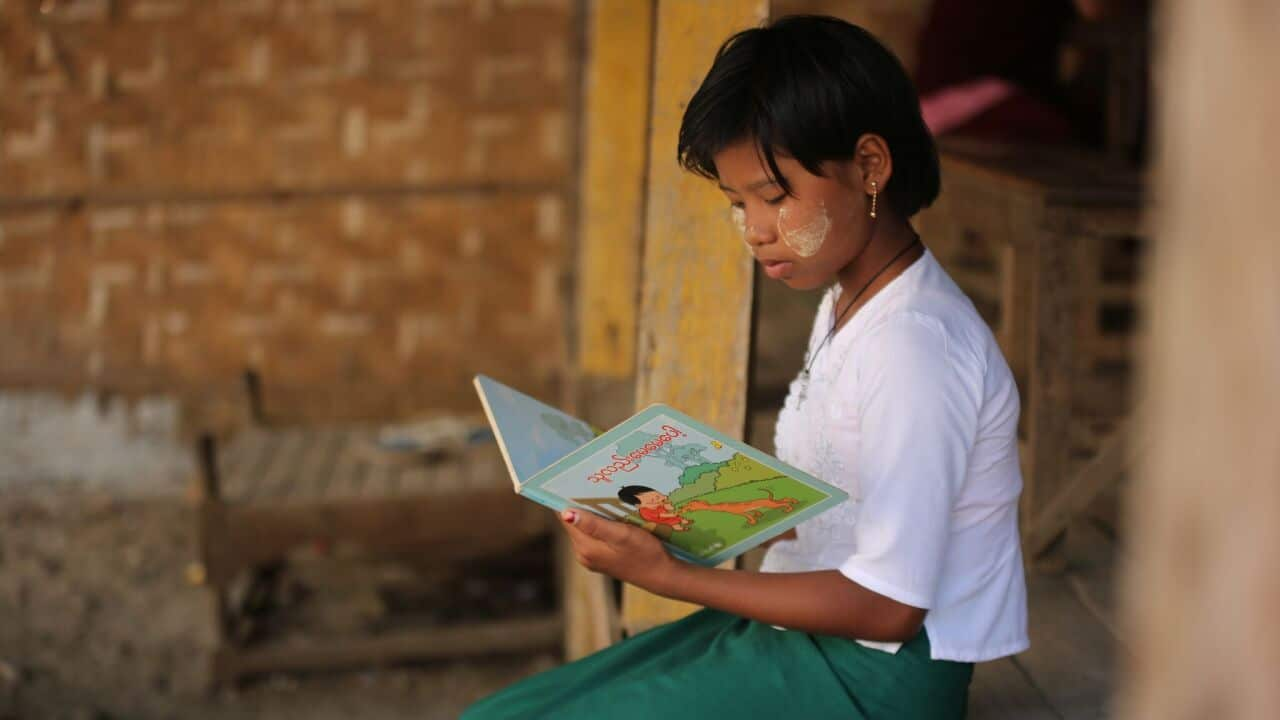If you ask academics, there are plenty of ways growing up poor negatively impacts on you as an adult – even long after you’ve jumped up a rung or two on the old socioeconomic ladder. , for example, have found that childhood poverty can cause significant psychological damage in adulthood, explaining that those who grow up below the poverty line tend to display more antisocial behaviour than those who grew up in middle-income backgrounds.
The bad news continues for those of us born to flat broke parents (or parent), with another study from finding that the poverty cycle often continues, with sons in particular enjoying a 40 per cent chance of earning pretty much what this own father earned. As a depressing postscript, researchers added kids who were poor in childhood also possess a far lower working memory in adulthood.
...my childhood impacts me every day in ways researchers may struggle to comprehend.
I could get all depressed about it I suppose, but none of these studies relate to my personal experience of having lived out a solid portion of my formative years below the poverty line. It’s not that I’ve escaped unscathed from my memories (you try standing outside the gates of a theme park and being told to ‘enjoy’ the idea that other kids are having a great time on the rides you cannot experience), but my childhood impacts me every day in ways researchers may struggle to comprehend.
For me, childhood poverty has meant becoming obsessed with money as an adult. An almost Gordon Gekko-like approach to making it, and a voice of doom that plays like a scratched record, infiltrating every corner of my mind whenever I try to find peace. “Have you made enough money today?” the voice demands to know as I close my eyes each night and try to get to sleep. “Are you sure you have enough in savings? Shouldn’t you get up and a do a little more work? You know, just in case…” It’s the voice that often has me jumping back out of bed after midnight to write a little more, make a little more money. You know, just in case.
You try standing outside the gates of a theme park and being told to ‘enjoy’ the idea that other kids are having a great time on the rides you cannot experience.
Childhood poverty for me has meant saying no to playtime to my girls, because I’m so sure that if I don’t continue to pump out stories, my career will end tomorrow and we will soon be starving on the streets, staring at other kids enjoying amusement park rides. There’s no logic to my thinking and I know my girls are sad whenever I shut the office door, but it takes all of my resolve to put away the laptop and go out and enjoy their childhoods. I’m getting better at saying no to work, but I’m still convinced the dole queue is only two stories away. I’m always preparing for the nuclear winter and it’s a mindset that leaves you exhausted.
Childhood poverty has meant feeling panicked at every single ATM and EFTPOS terminal I’ve ever come across, holding my breath until I see the word ‘Approved’ appear. It doesn’t matter if I’ve just been paid for a large project, or if I’m treating myself from my savings, I’m so convinced that the money will magically disappear that I often turn purple at the machine.
Childhood poverty has meant spending my life as a parent trying not to overreact to my middle class children’s complete disregard for the value of money. Of trying to walk the delicate line of giving them the things I never had, yet not giving them so much that they become spoilt brats. It’s a harder task than I ever could have imagined.
It means silently high-fiving myself every time I take our family to a restaurant for Friday Night Date Night, book overseas holidays or pay for parties at Luna Park. This is immediately followed by spending some quality time worrying afterwards if I should have squirreled that money away should we find ourselves on the streets tomorrow.
It means never quite being able to understand the concept of paying $3,000 for a handbag and $1,200 for a dress – even with a 20-year career in magazines under my belt. What is wrong with people?
But then, I suppose, there is this: having experienced poverty in childhood, it means that as an adult I understand that the circumstances people are born into are never the sum of who they are or what they’re worth. I’ll have coffees with sex workers and lunch with the homeless and think nothing of it until I see the horrified faces of the twinsets and pearls walking by and realise the class system is still alive and well
It’s realising that despite these setbacks, Australia really is the lucky country. I am proof of that.
These videos were produced in partnership with SBS and the University of Sydney’s Matilda Centre for Research in Mental Health and Substance Use, Social Policy Research Centre, and Charles Sturt University.




